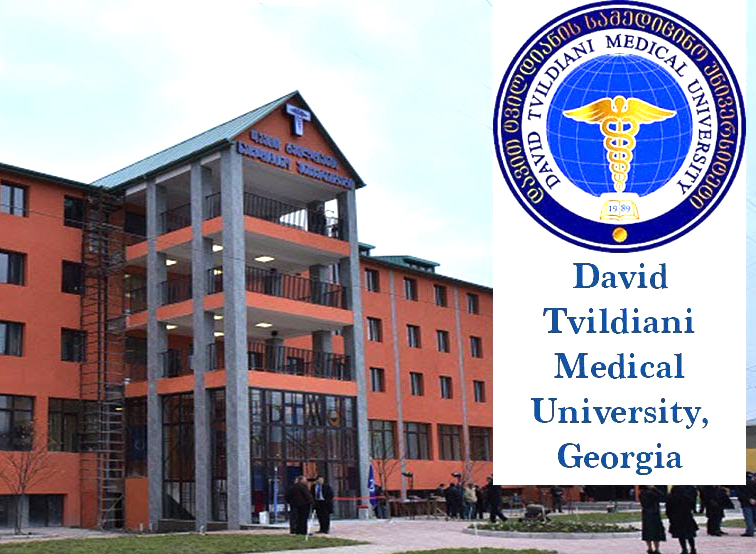Adnexitis (Salpingitis) is an infection and inflammation in the fallopian tubes. There are two types of salpingitis: Acute salpingitis and chronic salpingitis.
Causes Of Adnexitis
The main cause of adnexitis can be an infection which is transmitted during unprotected intercourse, and in this case, treatment should be followed by both sexual partners. Other causes are vaginal infections (vaginitis) or uterus infections that are transmitted to the fallopian tubes.
Abdominal infections: appendicitis infection can be transmitted through the ligament which is connecting the appendix to the ovary, resulting in adnexitis which is secondary to appendicitis (this infection is unilateral).
Other abdominal infections, which can be transmitted to the genital organs, causing secondary infections.
Exposure to cold or alternating hot-cold, the settlement on cold surfaces (concrete, stairs, etc..) can favor the occurrence of adnexitis.
Symptoms
Adnexitis is generally affecting both of the fallopian tubes, but the inflammation is more pronounced in one fallopian tube, which becomes symptomatic. Symptoms of acute forms of adnexitis are characterized by:
The symptoms usually appear after a menstrual period. The most common are:
Abnormal smell and colour of vaginal discharge.
Pain during ovulation
Pain during sexual intercourse
Pain coming and going in periods
Abdominal pain
Lower back pain
Fever
Nausea
Vomiting
Bloating
Treatment
Treatment is using antibiotics and should be initiated quickly.
Because adnexitis is an infection, the treatment consists of antibiotics administration. The doctor may suggest to the patient, before the antibiogram results (test used to determine germ sesitivity to certain antibiotics) , to use broad-spectrum antibiotics or antibiotics which proved by medical practice that are the most effective in treating adnexitis.






